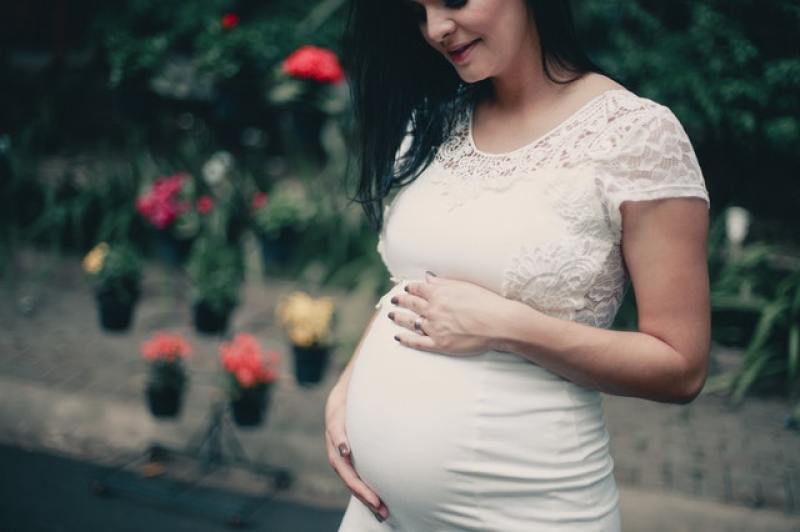
A pro-life pregnancy center in Connecticut has filed a lawsuit against the state for an allegedly deceptive law that forces it to promote abortion.
The Christian Post said Care Net Pregnancy Resources Center sued Connecticut Attorney General William Tong in the United States District Court for the District of Connecticut on Tuesday for Connecticut Public Act 21-17.
Care Net Pregnancy Center is a faith-based organization in New London that the law prohibits from advertising its services since it is not on abortion. The lawsuit was filed by Alliance Defending Freedom in behalf of Care Net Pregnancy Center.
The Connecticut Public Act 21-17 is "an act concerning deceptive advertising practices of limited services pregnancy centers." It defines "limited services pregnancy centers" as "pregnancy services centers that does not directly provide, or provide referrals for, abortions or emergency contraception."
According to Care Net Pregnancy Resource Center, the Act prohibits them from freely advertising their services since their organization is classified as one of the "limited services pregnancy centers."
"(The law) bans Care Net from communicating freely with the individuals it serves and with those it wishes to serve, unless Care Net agrees to provide abortions, dispense abortifacient drugs, or offer referrals for abortions or abortifacient drugs," the lawsuit said.
"The Act is a speaker-based, viewpoint-based law targeting the speech only of speakers espousing certain pro-life moral, religious, and philosophical beliefs," the lawsuit added.
Care Net requested the court to declare the law as unconstitutional since it prohibits them from exercising their religious freedom. The pro-life organization also cited another deceptive law of the state, called the Connecticut's Unfair Trade Practices Act, that similarly restricts entities from their freedom of speech.
"To stop this imminent irreparable harm, Care Net asks this Court to enjoin enforcement of the Act and to declare it unconstitutional, so Care Net may freely speak its beliefs, freely exercise its faith, and freely serve the women of Connecticut who may wish to benefit from its free support services," the lawsuit urged.
"CUTPA does not single out the speech of certain types of entities, and it applies to Care Net and other pro-life pregnancy centers," it added.
Alliance Defending Freedom Senior Counsel Denise Harle revealed in a statement that the said law also harms women as it prohibits them from receiving the necessary support they need during their pregnancy.
"Women who become unexpectedly pregnant should be empowered with life-affirming options, emotional support, and practical resources. This law, however, does the opposite-it impedes women's ability to receive critical services during a very difficult time in their lives, suppresses the free-speech rights of Care Net and other faith-based pregnancy centers serving women in the community, and punishes those who abide by their religious beliefs," Harle said.
Harle added that the law gives the state's attorney general the power to arbitrarily decide punishment given to organizations based on personal whims--"if he likes what you're saying"--or if it is contrary to a particular viewpoint. Harle said the Supreme Court has already clarified that "certain messages" can not be targeted by the government such that Care Net should be able to provide its services without experiencing "censorship" from the government.

























